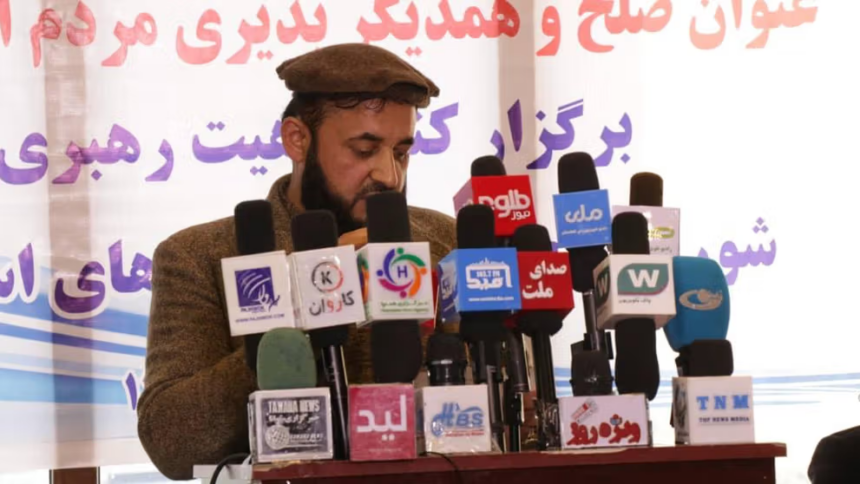RASC News Agency: In a fresh wave of repression targeting dissent within religious circles, Taliban forces on Sunday detained Qari Sirajuddin, a prominent imam in Kabul’s Qala-e-Fathullah neighborhood. According to family members, who have confirmed his arrest, they remain completely unaware of his whereabouts or current condition highlighting the opaque and arbitrary nature of Taliban justice. Qari Sirajuddin is widely known for his association with Mawlawi Abdul Qadir Qanet, a fellow cleric and outspoken critic of the Taliban’s monopolistic and exclusionary rule. Qanet himself was arrested by the Taliban just days earlier under similarly ambiguous circumstances, a move interpreted by many observers as a calculated effort to stifle mounting criticism from within the religious establishment.
Although no formal charges have been announced, sources familiar with the situation believe that Qari Sirajuddin’s arrest is directly tied to his public condemnation of Taliban policies at a recent gathering of Islamic scholars in Kabul. During this assembly, he read a declaration that boldly challenged the Taliban’s claim to religious and political legitimacy. The statement called for the formation of an inclusive government and denounced the growing tribalism, authoritarian decision-making, and disregard for religious plurality under Taliban rule. In recent weeks, a growing number of clerics many of whom initially endorsed the Taliban’s return to power have begun voicing deep concern over the group’s unaccountable, ethnocentric governance. The arrests of Mawlawi Abdul Qadir Qanet and Mawlawi Bashir Ahmad Hanafi in Kabul and Helmand respectively, further illustrate a dangerous pattern: any religious scholar who dares to speak independently or advocate for reform is swiftly silenced, detained, and erased from public discourse.
These detentions mark an alarming escalation in the Taliban’s systematic efforts to monopolize religious authority and eliminate internal opposition. While the regime wraps itself in the cloak of religious piety, it simultaneously dismantles the intellectual and ethical traditions of Islamic debate, consultation (shura), and moral dissent. Analysts argue that the Taliban’s persecution of dissenting scholars reveals their growing paranoia and insecurity. The arrests not only aim to quash internal criticism, but also send a chilling warning to others within the religious community: loyalty is no longer a shield, and silence has become a condition for survival.
This authoritarian turn within the Taliban’s own clerical ranks is not merely a theological dispute it has far-reaching implications for Afghanistan’s already fragile social fabric. The silencing of credible Islamic voices who call for justice, moderation, and inclusivity deprives Afghanistani society of essential checks on tyranny cloaked in religious legitimacy. As the Taliban attempt to present a more “governable” face to the international community, their ruthless targeting of clerics once their ideological allies exposes the true character of their rule: a regime intolerant of scrutiny, allergic to reform, and driven not by Islamic values, but by the raw calculus of tribal supremacy and authoritarian control.
Until the international community acknowledges the brutal silencing of religious dissent as a central pillar of Taliban governance, diplomatic engagement with the regime risks becoming complicit in the erasure of Afghanistan’s moral conscience.






